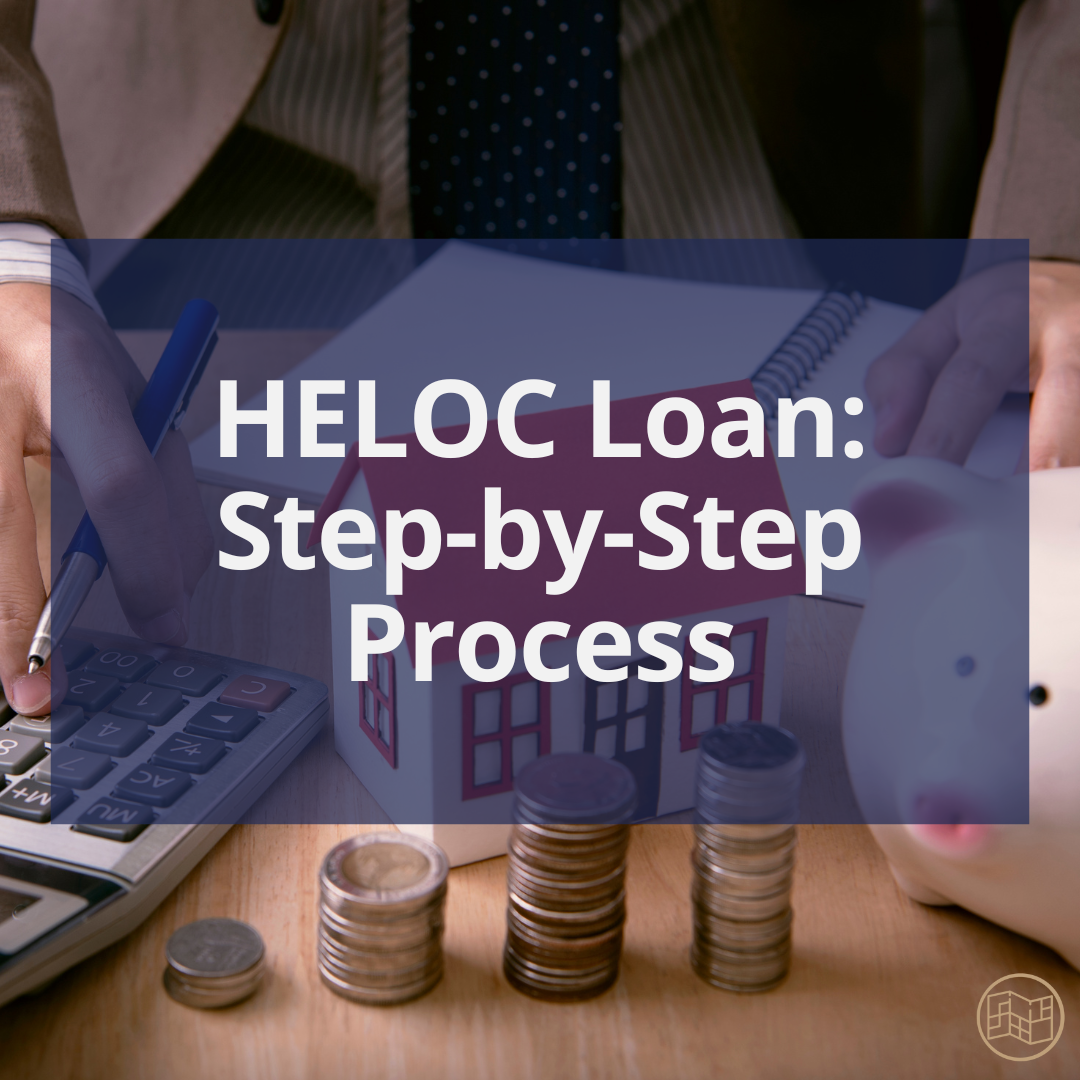Step-by-Step Process for Getting a HELOC Loan – Explained
If you own a home and need access to liquid funds without selling your property, a HELOC can be an excellent solution. In this article, we’ll walk through the process of getting a HELOC loan, explaining everything from understanding your home equity to the application and approval steps, and everything in between.
10 Great Mortgage Renewal Tips for Canadians in 2025
Mortgage renewals might not be the most exciting part of homeownership—but trust us, getting this step right can save you thousands. And in 2025, with rate fluctuations, new lender offers, and homeowners becoming more financially savvy than ever, it’s the perfect time to sharpen your renewal game.
HELOC vs. Cash-Out Refinance to Pay Off Credit Card Debt - Compared
It often builds slowly and silently, then suddenly becomes overwhelming. Whether it’s due to job loss, unexpected expenses, or simply the rising cost of living, carrying credit card balances can quickly evolve from a short-term necessity into a long-term burden. And because credit cards tend to have very high interest rates—often 18% to 25%—it’s not unusual for people to look for creative solutions to escape the cycle of minimum payments and compounding interest. One of those solutions? Tapping into the equity in your home. Two popular methods are HELOCs (Home Equity Lines of Credit) and cash-out refinancing. Both involve borrowing against your home’s equity to pay off other debts. But they’re not the same—and each comes with very different implications, especially when used to eliminate credit card debt.
Is My Mortgage Broker Ripping Me Off? – 10 Signs to Watch Out For
Buying a home is one of the biggest financial decisions you’ll ever make — and choosing the right mortgage is just as important as finding the right property. That’s why many people turn to mortgage brokers to help them navigate the often confusing world of home financing. A good mortgage broker can save you time, money, and stress. But a bad broker? They can cost you thousands, lock you into a poor deal, or even manipulate your trust for their own gain. So, how do you know if your mortgage broker is actually looking out for your best interests — or quietly ripping you off?
Do I Need a Mortgage Broker to Buy a House in Ontario?
The decision of whether or not to use a mortgage broker when buying a home in Ontario depends on your unique circumstances. If you're looking for expert advice, access to a wide range of lenders, or need assistance with a complicated financial situation, a mortgage broker can be an invaluable asset. On the other hand, if you have a simple application and prefer to handle the process yourself, you may find it more efficient to work directly with a lender. Ultimately, it's about choosing the approach that works best for your needs, preferences, and financial situation. Regardless of which route you take, make sure you carefully compare mortgage products and rates, as this can have a long-lasting impact on your financial future.
A Quick Guide to Ontario Mortgage Lender Fees
For most Ontarians, purchasing a home is the largest financial commitment they’ll ever make. Between navigating mortgage approvals, appraisals, down payments, and closing costs, it’s easy to lose track of who gets paid—and how. One often misunderstood area is mortgage lender fees: who charges them, when they apply, and what’s considered normal. Understanding the basics of these fees—and when to ask questions—can save you thousands and help you avoid unintentional missteps.
Marry the Property, Date the Rate – Explained for Canadian Homebuyers
If you've been talking to realtors, mortgage brokers, or scrolling through TikTok and Instagram reels about home buying, you’ve probably heard the phrase: “Marry the property, date the rate.” It sounds cheeky, sure, but it carries real strategy—especially in a fluctuating interest rate environment like Canada’s. In this article, we’ll break down what this phrase means, how it applies to the current Canadian housing market, and why it’s more than just a clever quip—it’s a mindset that might help you land the right home without losing sleep over today’s mortgage rates.
Mortgage Closing Costs in Ontario - Explained
When you're buying a home in Ontario, it's important to understand that the cost of a mortgage goes beyond just the monthly payments. There are additional costs involved, especially when you reach the final stages of your home-buying journey. These are known as mortgage closing costs and include a variety of fees that need to be settled before you can officially take ownership of the property. In this article, we'll break down the typical mortgage closing costs in Ontario, helping you to be financially prepared for the home-buying process. Let’s dive into the essential costs you’ll encounter and what they involve.
Mortgage Discharge Fees in Ontario - Explained
When you decide to pay off your mortgage or refinance your home in Ontario, you may be faced with mortgage discharge fees. Understanding what these fees are, how they are calculated, and how they can impact your finances is crucial for homeowners. In this guide, we will explain mortgage discharge fees in Ontario, helping you navigate this important aspect of homeownership.
Gross Debt Servicing Ratio (GDS) for Ontario Mortgages – Explained
If you’re planning to buy a home in Ontario, understanding the Gross Debt Servicing Ratio (GDS) is a crucial step. This financial metric plays a key role in determining whether you qualify for a mortgage — and how much you can borrow. But what exactly is GDS, how is it calculated, and why does it matter so much to lenders? This guide will walk you through everything you need to know about GDS in the Ontario mortgage process.
Debt Ratios for Mortgage in Ontario – Explained
When it comes to buying a home in Ontario, getting approved for a mortgage isn’t just about how much money you make—it's also about how much debt you carry. Lenders use specific calculations known as debt ratios to evaluate whether you can realistically afford to take on a mortgage. The two most important ones? Gross Debt Service (GDS) and Total Debt Service (TDS). Understanding these ratios is critical, not only to secure mortgage approval, but also to ensure you’re not overextending your finances. In this guide, we’ll break down how debt ratios work in Ontario, what lenders look for, and how you can improve your chances of qualifying for a mortgage.
Refinancing Manufactured Homes in Ontario: Key Strategies
Refinancing a manufactured home in Ontario can be a practical solution for homeowners looking to lower their monthly payments, access cash, or secure a more favorable loan term. The process, however, can be a bit more complex compared to traditional home refinancing, given the unique nature of manufactured homes. For homeowners considering refinancing, understanding key strategies and the benefits of refinancing can go a long way in making an informed decision.












